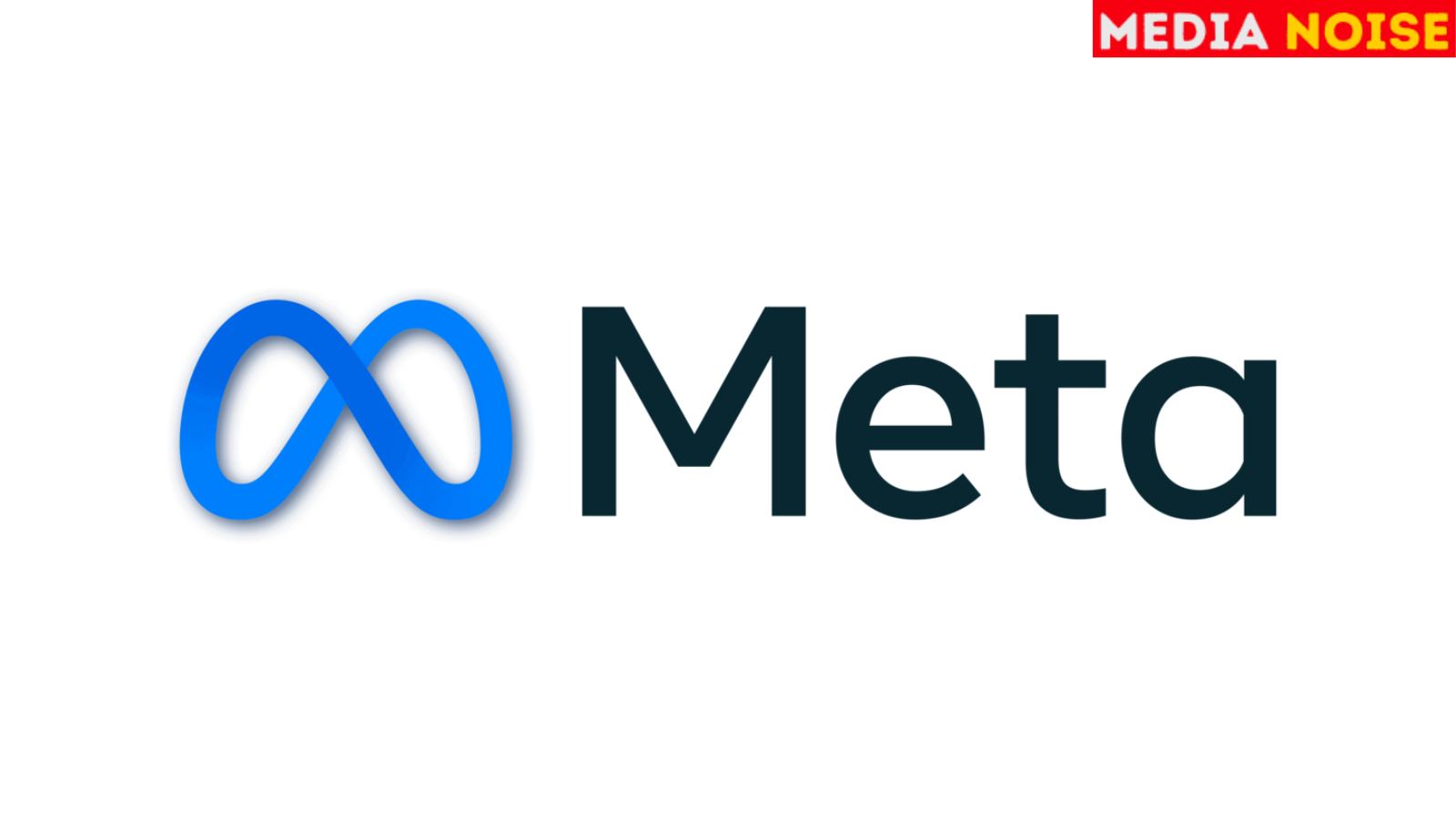New Delhi: In a dramatic shift in its content moderation strategy, Meta, the parent company of Facebook and Instagram, announced the termination of its long-standing partnership with third-party fact-checkers. CEO Mark Zuckerberg unveiled plans to replace the current system with a community-driven model, drawing inspiration from X’s (formerly Twitter) Community Notes feature.
Zuckerberg, in a video message on Tuesday, outlined a vision for a less restrictive platform, emphasizing a return to “free expression” while acknowledging the need for moderation regarding serious issues like terrorism and child exploitation. He cited concerns about excessive censorship and the influence of “governments and legacy media” as key factors in the decision.
“It’s time to get back to our roots around free expression,” Zuckerberg stated. “We’re replacing fact checkers with Community Notes, simplifying our policies and focusing on reducing mistakes.”
ALSO READ: Havas India Welcomes Back Manas Lahiri as Chief Growth Officer
The move signifies a significant departure from Meta’s previous approach, which relied heavily on partnerships with independent fact-checking organizations to combat misinformation. The company will now prioritize a system where users themselves flag and label potentially misleading or false information, similar to how Community Notes functions on X.
This shift comes amidst growing scrutiny of social media platforms and their role in the spread of misinformation, particularly in the context of elections and political discourse. Zuckerberg acknowledged that the company’s complex moderation systems, despite their sophistication, were prone to errors and inconsistencies.
As part of this overhaul, Meta will also streamline its content policies, particularly around controversial topics such as immigration and gender identity. The company plans to shift its moderation focus towards what Zuckerberg termed “high severity violations,” with greater reliance on user reporting for other infractions.
The announcement has generated considerable debate, with some praising the move as a step towards greater freedom of expression and others expressing concerns about the potential for the spread of misinformation and the erosion of trust in information shared on Meta’s platforms.













